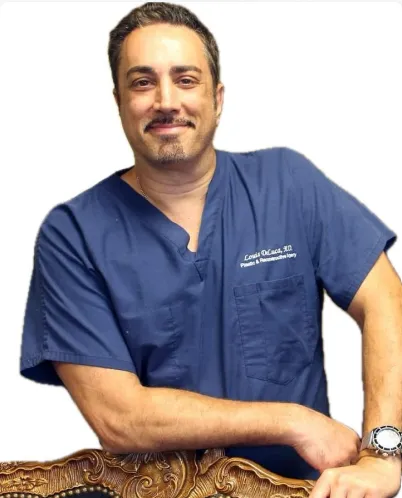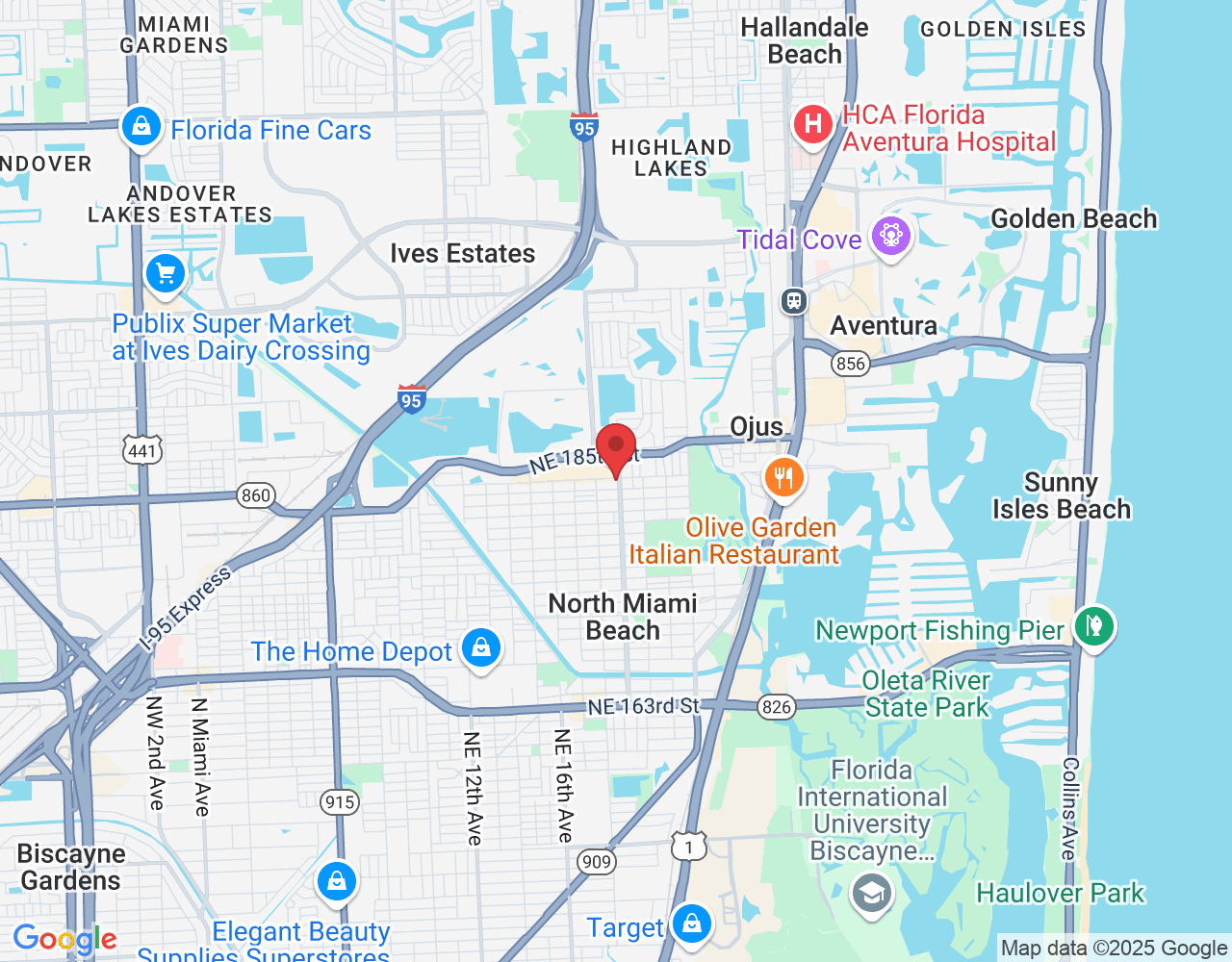Welcome To Red Rose Cosmetic and Surgical Arts
Red Rose Cosmetic and Surgical Arts, Miami’s premier physician-owned center, specializes in advanced cosmetic procedures like BBLs, Mommy Makeovers, and HD Lipo. With board-certified surgeons and cutting-edge technology, they ensure exceptional, patient-centered care in a luxurious setting.
Welcome To
Red Rose Cosmetic and Surgical Arts
Red Rose Cosmetic and Surgical Arts, Miami’s premier physician-owned center, specializes in advanced cosmetic procedures like BBLs, Mommy Makeovers, and HD Lipo. With board-certified surgeons and cutting-edge technology, they ensure exceptional, patient-centered care in a luxurious setting.
Welcome To Red Rose Cosmetic and Surgical Arts
Red Rose Cosmetic and Surgical Arts, Miami’s premier physician-owned center, specializes in advanced cosmetic procedures like BBLs, Mommy Makeovers, and HD Lipo. With board-certified surgeons and cutting-edge technology, they ensure exceptional, patient-centered care in a luxurious setting.
Post Operative Bowel Instructions:
Understanding Postoperative Bowel Changes
• Effects of Anesthesia & Pain Medications: Medications commonly used during and after surgery can slow down bowel motility, leading to constipation.
• Reduced Activity: Decreased movement after surgery contributes to sluggish bowels.
• Dietary Changes: Changes in appetite or restricted diets (especially immediately following surgery) can also affect bowel regularity.
Hydration & Nutrition

Adequate Fluid Intake
• Aim for 6–8 glasses of water (about 8 oz each) per day unless otherwise instructed (e.g., fluid restrictions for cardiac or renal conditions).
• Include clear broths, diluted juices, and decaffeinated teas to increase fluid variety.
High-Fiber Diet
• Incorporate foods such as whole grains, fruits, vegetables, and legumes to promote regular bowel movements.
• Examples: Oatmeal, bran cereals, beans, lentils, pears, apples, berries, and leafy greens.
• If you have dietary restrictions or specific surgical instructions (e.g., soft diet), follow your surgeon’s orders and adapt fiber choices accordingly.
Small, Frequent Meals
• Eating smaller portions throughout the day can be easier on your digestive system, especially if you have decreased appetite.
• Avoid heavy, greasy, or highly processed foods that can further slow digestion.
Activity & Exercise
Gentle Movement
• Begin with light walking as soon as your surgeon approves. Even short walks can help stimulate bowel activity.
• Gradually increase your activity level based on your recovery progress and your doctor’s advice.
Avoid Straining
• Straining during bowel movements can stress your incision and surrounding tissues. If you feel the urge, relax and allow gravity and gentle pushing to help; if it’s not happening, try again later or consider other aids (see below).
Medications & Supplements

Stool Softeners
• A common example is docusate sodium (Colace), which helps draw moisture into the stool, making it easier to pass.
• Often recommended twice a day or as directed by your healthcare provider.
Gentle Laxatives
• Over-the-Counter (OTC) options like polyethylene glycol (Miralax) or senna may help stimulate bowel movements if stool softeners alone aren’t sufficient.
• Always follow dosing instructions and consult your surgical team if you have concerns.
Fiber Supplements
• Examples include psyllium husk (Metamucil) or methylcellulose (Citrucel).
• Start with a low dose to avoid gas and bloating; increase as tolerated and follow with plenty of water.
Pain Medication Adjustments
• If you’re taking opioid pain relievers, these can significantly contribute to constipation.
• Discuss with your provider whether you can lower your dose, switch to a non-opioid regimen, or use an opioid-sparing protocol.
Self-Care Tips
Establish a Routine
• Try using the bathroom at the same time each day—usually after a meal is best.
• A routine can help “train” your bowels and promote regularity.
Positioning
• If possible, use a footstool to elevate your knees slightly above your hips when sitting on the toilet. This posture can help open the rectal passage for easier bowel movements.
Relaxation Techniques
• Anxiety and pain can worsen constipation.
• Practice deep breathing or gentle relaxation exercises to help your body relax.
• No Bowel Movement Within 3–4 Days Despite following these measures (especially if accompanied by significant bloating or abdominal pain).
• Severe Abdominal Pain or cramping that does not improve with gentle movement or over-the-counter remedies.
• Bloody Stools or rectal bleeding.
• Persistent Nausea or Vomiting.
• Inability to Tolerate Food or Fluids or signs of dehydration (dry mouth, dizziness, decreased urination).
Call your surgical team if any of the above issues arise or if you have concerns about your recovery.



Summary of Key Points
• Hydration & Fiber: Increase water intake and choose high-fiber foods to help soften stools.
• Gentle Exercise: Light, frequent walks or gentle movement can stimulate bowel function.
• Medication Management: Use stool softeners or mild laxatives as directed; adjust pain meds if possible.
• Avoid Straining: Use proper posture and relax during bowel movements to protect surgical sites.
• Follow-Up: Stay in close contact with your healthcare team if you experience worsening or persistent constipation, pain, or other concerning symptoms.
Final Note
A proactive approach to postoperative bowel care can significantly improve comfort and reduce complications. If you have any specific dietary or medical conditions, consult with your surgeon or a registered dietitian to tailor these guidelines to your individual needs. By following these steps and communicating openly with your care team, you can support a smoother, more comfortable recovery.
OUR TEAM

TESTIMONIALS

FREQUENTLY ASKED QUESTIONS

What should I expect during my first visit?
Your first visit begins with a comprehensive consultation where our experts will assess your skin and discuss your aesthetic goals. We will recommend personalized treatment options and answer any questions you may have to ensure you feel comfortable and informed.
Are your treatments safe?
Yes, all our treatments are performed by highly trained and certified professionals using state-of-the-art equipment and techniques. We prioritize your safety and comfort, adhering to the highest standards of medical care and hygiene.
How do I know which treatment is right for me?
Our team will guide you through the selection process during your initial consultation. We’ll evaluate your skin type, concerns, and goals to recommend the most suitable treatments to achieve the best results for you.
What types of cosmetic procedures do you offer?
We specialize in a wide range of cosmetic and plastic surgery procedures, including but not limited to:
Breast Augmentation: Enhancing breast size and shape.
Abdominoplasty (Tummy Tuck): Removing excess abdominal skin and tightening muscles.
Brazilian Butt Lift (BBL): Enhancing and reshaping the buttocks using fat from other areas of your body.
Liposuction: Removing excess fat deposits to contour the body.
Mommy Makeover: A combination of procedures tailored to restore pre-pregnancy body contours.
Who comprises your medical team?
Our team includes experienced professionals dedicated to patient safety and exceptional results:
Dr. Louis DeLuca, MD: A board-certified surgeon specializing in cosmetic and surgical arts.
Stephanie Lehman, APRN, CRNA: An advanced practice registered nurse and certified registered nurse anesthetist.
Kyle Lehman, APRN, CRNA: An advanced practice registered nurse and certified registered nurse anesthetist.
Is there any downtime after treatments?
Most of our treatments are non-invasive or minimally invasive, requiring little to no downtime. However, the recovery time can vary depending on the specific treatment. During your consultation, we will provide detailed post-treatment care instructions and inform you about any necessary recovery time.
How often should I schedule treatments?
The frequency of treatments depends on the type of service and your individual needs. Some treatments, like facials, may be done monthly, while others, like laser hair removal, may require a series of sessions spaced several weeks apart. We will create a personalized treatment plan to ensure optimal results.
Do you offer packages or memberships?
Yes, we offer a variety of packages and memberships designed to provide you with ongoing care and savings. Our packages bundle popular treatments for comprehensive care, while our memberships offer exclusive benefits and discounts. Contact us to learn more about our current offerings and find the perfect plan for your needs.
What payment options are available?
We offer flexible payment plans to accommodate your financial needs, including 0% interest options for up to 24 months. During your consultation, we can discuss the best payment plan tailored to your situation.
How can I schedule a consultation?
To schedule a consultation, you can contact us at (954) 754-4877 or email us at [email protected]. Our clinic is located at 18260 Northeast 19th Avenue Ste 104, North Miami Beach, FL 33162. We look forward to assisting you on your aesthetic journey.
CONTACT US
(954) 754-4877
18260 Northeast 19th Avenue Ste 104, North Miami Beach FL 33162





